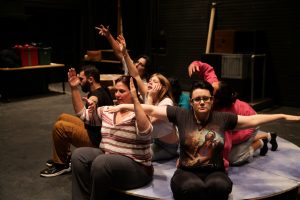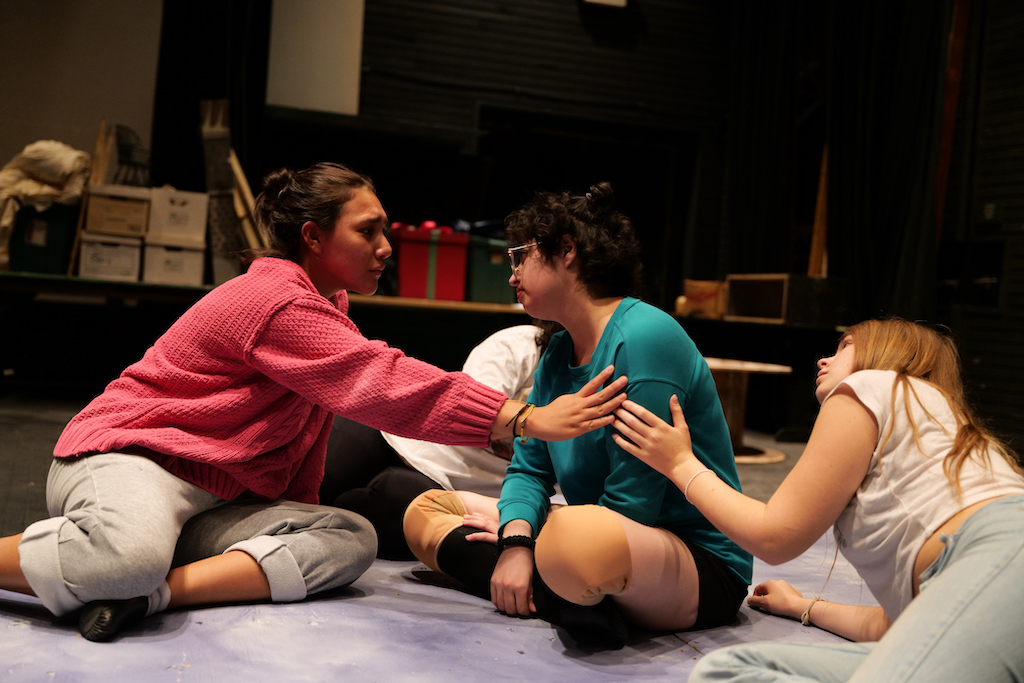Theatre Brookhaven is preparing for the premiere of its plays. In a recent interview with Darise Error, campus theater director, we tackled expectations, challenges and the need-to-know for this semester’s plays.
Q: Is there anything new in the theater that we should know about?
This year we are going to enter our first show into the Kennedy Center American College Theatre Festival. We have a chance of our show being chosen to go on to the next level of competition, but regardless, student actors can be singled out and selected to attend and receive workshops and training at the festival in Abilene early next year.
Q: What are you excited about and looking forward to the most?
Doing theater is my passion and seeing casts of young actors grow and blossom is a particular thrill for me as their professor.
Q: Which theater will the plays be in, and what are the size and scope of the plays or production?
Both will be in the Black Box Theater, which will seat about 55-60 people.
Q: What are the challenges in bringing this script to life?

The major difficulty with “4.48 Psychosis” is the subject matter – it deals pointedly and unabashedly with major depression and suicide. It’s raw and challenging material, and additionally the play is written as almost a choreo-poem, rather than a traditional script. There is no character delineation at all.
The show can be done by one person, and has been done with one to three characters, but there are no hints in the script. I am doing it with seven.
Conceptually, it will also be heavily movement-based, and I am collaborating with my longtime friend and colleague Micki Saba who will choreograph for me.
Q: How can non-theater majors benefit from taking acting and other theater-related courses?
I wish I could impress upon upper administration, the board of trustees and politicians just how much theater helps.
They used to call them soft skills, traits desired by employers in any field. Communication – written and verbal, how to work in teams, how to process criticism, how to think outside the box, how to be both focused in ensemble activities and a self-starter with discipline and follow through, poise, confidence, curiosity, sensitivity and empathy about the people around us, etc.
It is hard to get those things taught in a hard subject class that must also teach math computation processes, history, grammar, etc.
But soft skills are what we do in theater. They are the subject matter. No matter what your major or intended occupation, acting and theater classes will help you.








